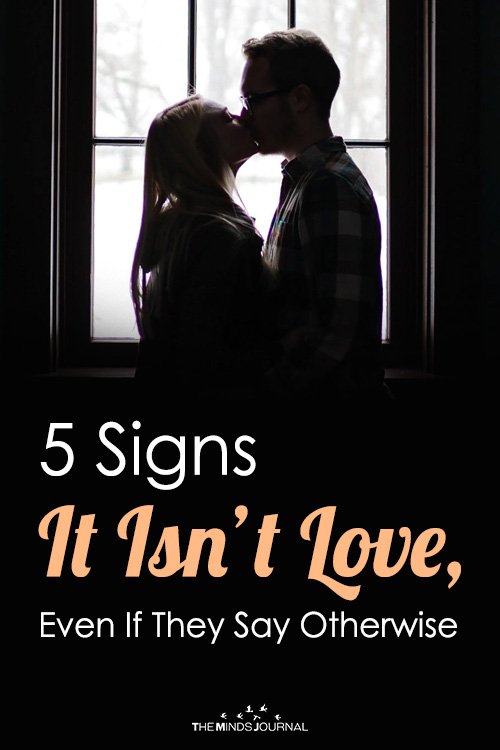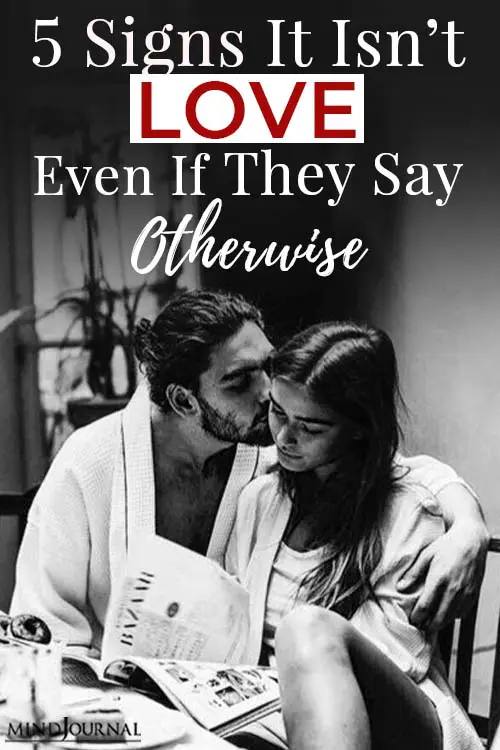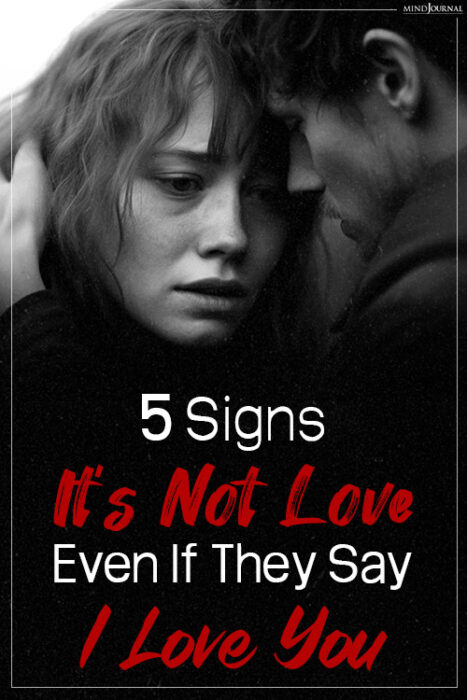Despite saying “I love you” there are a few warning signs it’s not love… make sure you know them well before committing to the relationship!
Oh what’s love got to do, got to do with it
– Tina Turner, What’s Love Got to Do With It
What’s love but a second hand emotion
What’s love got to do, got to do with it
Who needs a heart
When a heart can be broken
Ah … love.
I could end the post right here and you would all know what I mean. No more words are needed to describe that slightly insane, crazy-good feeling.
The force behind Shakespeare’s sonnets and the inspiration for countless heartfelt and wrenchingly bad amateur poems. The impetus for infidelity, the catalyst for the Trojan War.
How we long to hear those three sweet words whispered in our ear, written on a perfumed note, texted with a makeshift symbol <3, or broadcast to the world with skywriting.
When we start a promising new relationship, our hearts tremble in anticipation, wondering if–or when—the love bomb will drop, and who will be the first to drop it.
Enough already. We either feel it or we don’t, right? Well, if you’re a self-aware person with standards for what you want in a partner and healthy respect for other people’s feelings, that’s an accurate statement.
But not everyone has it together when it comes to relationships, and a potential partner’s emotional disorganization can cause huge problems once the bomb bay doors have opened and “love” is in the air.
Here are five warning signs that what your partner feels for you isn’t love, even though he or she is saying, “I love you.”
5 Signs It’s Not Love — Even If It Feels Like
They’re not the obvious ones we’re all familiar with: abuse (emotional or physical), disrespect, manipulation and control, intense neediness, and hero worship, among others.
These signs are more subtle and can easily be misinterpreted as real love, because they feed the part of our ego that craves to be adored and accepted, the part that still searches for the soul-nurturing love provided by an emotionally healthy parent (or not provided by an emotionally disordered one).
Unlike the red flags that feel wrong, these signs feel right, because they feel good and enable us to indulge our love of … love.
1. Too soon.
To know me is to love me … said the narcissist to anyone who can be forced to listen.
But the truth is the reverse. To love someone is to know the person, to have achieved a level of emotional intimacy and to accept the person underneath the hair and skin.
Love is both a feeling and a commitment, both emotion and action, both noun and verb. It is not something that develops instantly or even after spending a number of ecstatic hours with someone over a few weeks time.
Love at first sight is a potent combination of curiosity and lust, and the feeling we experience after meeting someone we both attracted to and click with is infatuation.
If your partner says I love you too soon, it’s a good bet he doesn’t know himself or his feelings, or she wants to be in love more than she wants you specifically. So watch out for early professions of undying affection.
Read Is Your Relationship Toxic? Common Red Flags and What To Do
2. Too much.
You would think you could never hear the words “I love you” too many times from your lover.
But a compulsive need to confirm love feelings is not sweet; it’s indicative of potentially dangerous emotional issues, and if you need to hear it every 20 minutes or 20 times a day, you’ve got issues of your own.
One reason partners keep saying “I love you” is insecurity. They repeat the words to hear them back from you and dispel any doubt.
Another is a lack of emotional integrity. Your partner may be faking it until he or she makes it, using the constant repetition to convince him or herself of feelings he or she doesn’t actually feel but is hoping will develop in time.
The third and most problematic reason your partner may bombard you with the love bomb is to guilt you into expressing reciprocal feelings you may not actually have. There’s no greater relationship killer than one person saying, “I love you,” and the other not saying it back.
Whatever the underlying explanation, when someone says “I love you” too much, that person is putting his or her feelings above yours and is likely to do that throughout the relationship.
3. Too physical.
The sad fact is, our bodies change as we get older, while the person we are inside may grow intellectually and emotionally but remains essentially the same.
If your partner only says I love you when giving or receiving physical affection (or as a precursor to sex) or only attaches love statements to your physical features, you could be in for trouble down the road.
Your partner may love to be with you, and specifically to sleep with you, in your current physical form, but that “love” may wane as age and time take their toll.
Simply asking the question, “Will you love me when I’m 60 or when I’m old and gray,” won’t help much, because you’ll simply hear, “Of course.”
Try counting the number of times you hear “I love you” after you’ve said something intelligent, done something your partner feels proud of, or—and this is tough test for anyone to pass—when you’ve just stood up for yourself.
4. Too compatible.
It’s amazing. Your partner loves everything you love.
The same foods, the same books, the same movies, the same interior design. You never—not just rarely but never—disagree on any choices.
The words, “No thanks, I’d rather,” are not part of your vocabulary.
Some, even a lot, of shared interests and tastes is natural; it’s one of the things that attracts you to each other. But unless you’re dating a clone of yourself, each partner should have distinct interests and tastes of his or her own.
When everything matches to a tee, it’s called mirroring, and you may be doing it as well as your partner. Psychopaths mirror to draw victims into relationships by making them think they’ve found the perfect mate.
You may not be dealing with a psychopath, but you may also be unaware of your partner’s real likes and dislikes, because he or she is not sharing them for fear of rocking the boat or because it would puncture the illusion of perfection.
Suppressing disagreement also leads to resentment. The places you need to be compatible are your values, your goals, and your parenting philosophy if you’re planning to have kids. Other than that, vive la différence!
Read 30 Red Flags of Manipulative People
5. Too tight.
I’m not talking about something not fitting properly here. I’m talking about a partner being so consumed with the idea of an “us” that he or she forgets there is you.
If you find your partner frequently singing your virtues as a couple or always talking about how great you are together, he or she may be indulging the fantasy of being in a relationship without experiencing either the actual relationship or you as a person.
An “us’ comprises two independent people who choose to be together, to bring their individual selves into concert with one another.
If your partner surrenders his or her individuality without a fight or even a whimper, you may be with someone whose psychological integrity is compromised and who will ultimately define his or her identity around the relationship.
This makes it harder for you to leave if you choose to, because severing the bond destroys the identity your partner has built around it.
The “us” that you become with a partner develops out of the ways the two of you connect and find common ground. Celebrating the “us” before you’re really a couple is a sign of insecurity and desperation.
Now that you know what are the signs it isn’t love, you can enjoy a sincerely spoken “I love you,” or the words lit on fire by the side of the road, even more.
Written by Thomas G. Fiffer
Originally appeared in The Good Men Project











Leave a Reply
You must be logged in to post a comment.